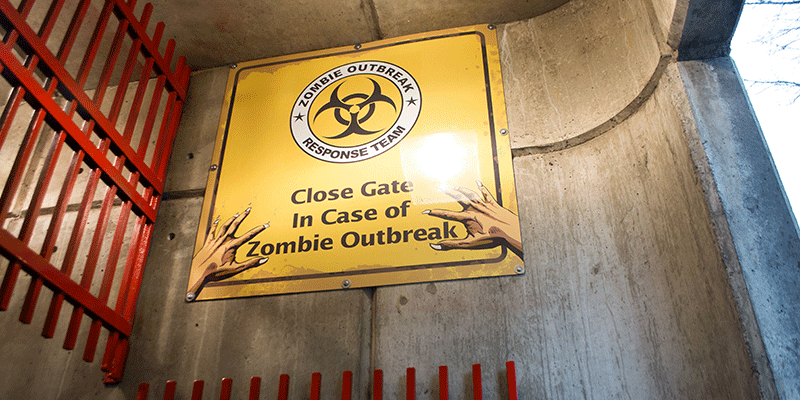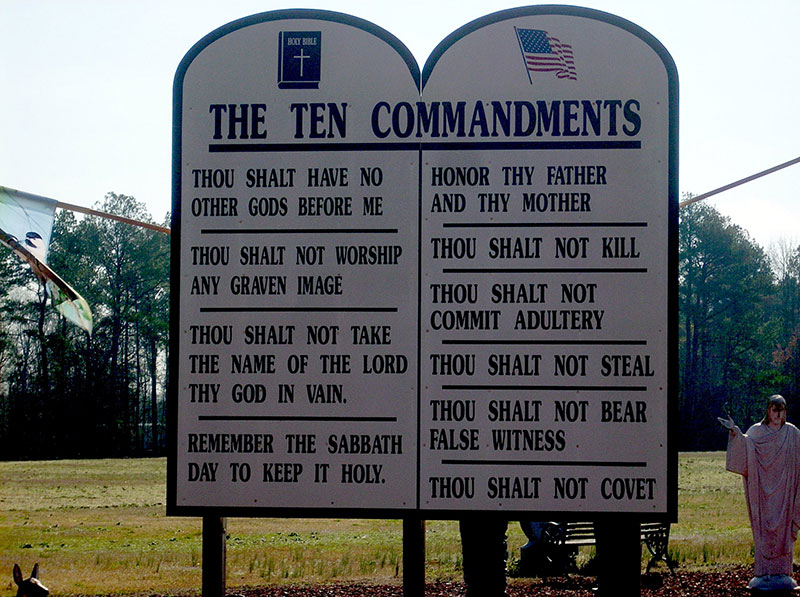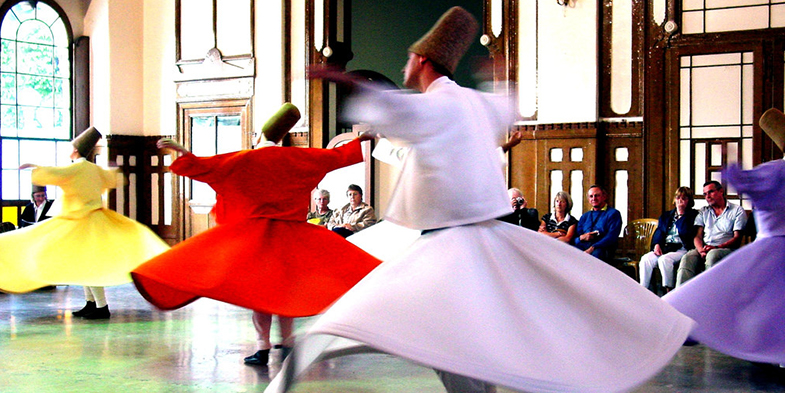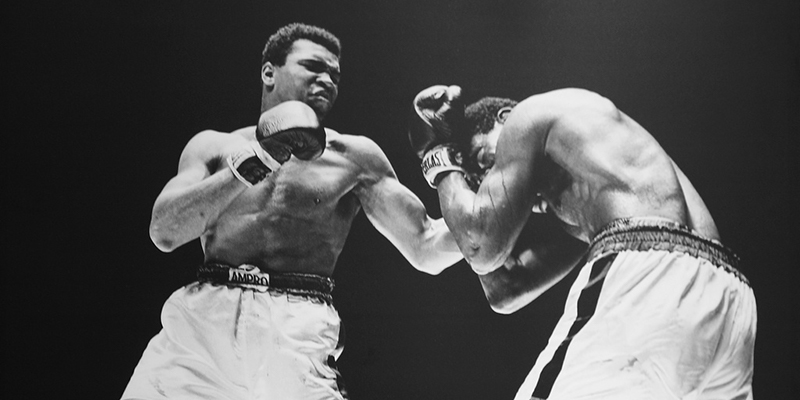Almanacs and Religious Life? 7 Questions for Troy Tomlin

Troy Tomlin I wondered what these little books could tell me about wider patterns and disruptions in early American religion and, most importantly, what ordinary men and women may have thought about them.
Living with a Zombie Apocalypse: 7 Questions for Greg Garrett

Greg Garrett The sacred entered into this book in powerful ways, but my favorite moment comes in the final chapter in the book, which basically asks, “Is a zombie apocalypse a bad thing or a good thing?”
Islam and The Americas: 7 Questions for Aisha Khan

Aisha Khan Islam and the Americas shows that Islam, like all other religions, is not simply oppressive, an “opiate” of false consciousness, aggressive, or anti-modern. It is, instead, a multi-textured worldview, a window into history and society.
America’s 10 Commandments: 7 Questions for Jenna Weissman Joselit

Jenna Weissman Joselit No other country made, or continues to make, as much of them as America does.
Shameful Bodies: 7 Questions for Michelle Mary Lelwica

Michelle Mary Lelwica Essentially, the book asks readers to think about what happens to them internally when their bodies refuse to look, function, or feel the way they think they are supposed to look, function, or feel.
Western Sufism: 7 Questions for Mark Sedgwick

Mark Sedgwick Sufis are, of course, always on a search for the sacred. They understand the sacred in various ways, but the classic starting point is the starting point of everything—that is to say, the One of Neoplatonic philosophy, from which all else emanates.
Seven Questions for David G. Robertson

David G. Roberston There is nothing more rational about believing in Jesus’ resurrection than believing that Reptilian extraterrestrials secretly run the world.
7 Questions for André M. Carrington

André Carrington Ritual, pilgrimage, and ecstasy are not only metaphors when it comes to people’s devotion to cultural texts—these terms are really useful in theories of the practice of making genre traditions.
7 Questions for Barbara A. Mann

Barbara A. Mann First, nothing in monotheism prepares anyone to understand anything in Indian spirituality. The base number of monotheism is One, whereas the base number of Indian spirituality is Two. These assumptions lead in very different directions.
7 Questions for Amir Hussain

Amir Hussain I’ve always been fascinated by the life and work of Hank Williams Sr. . . the most underrated American theologian of the 20th century.
